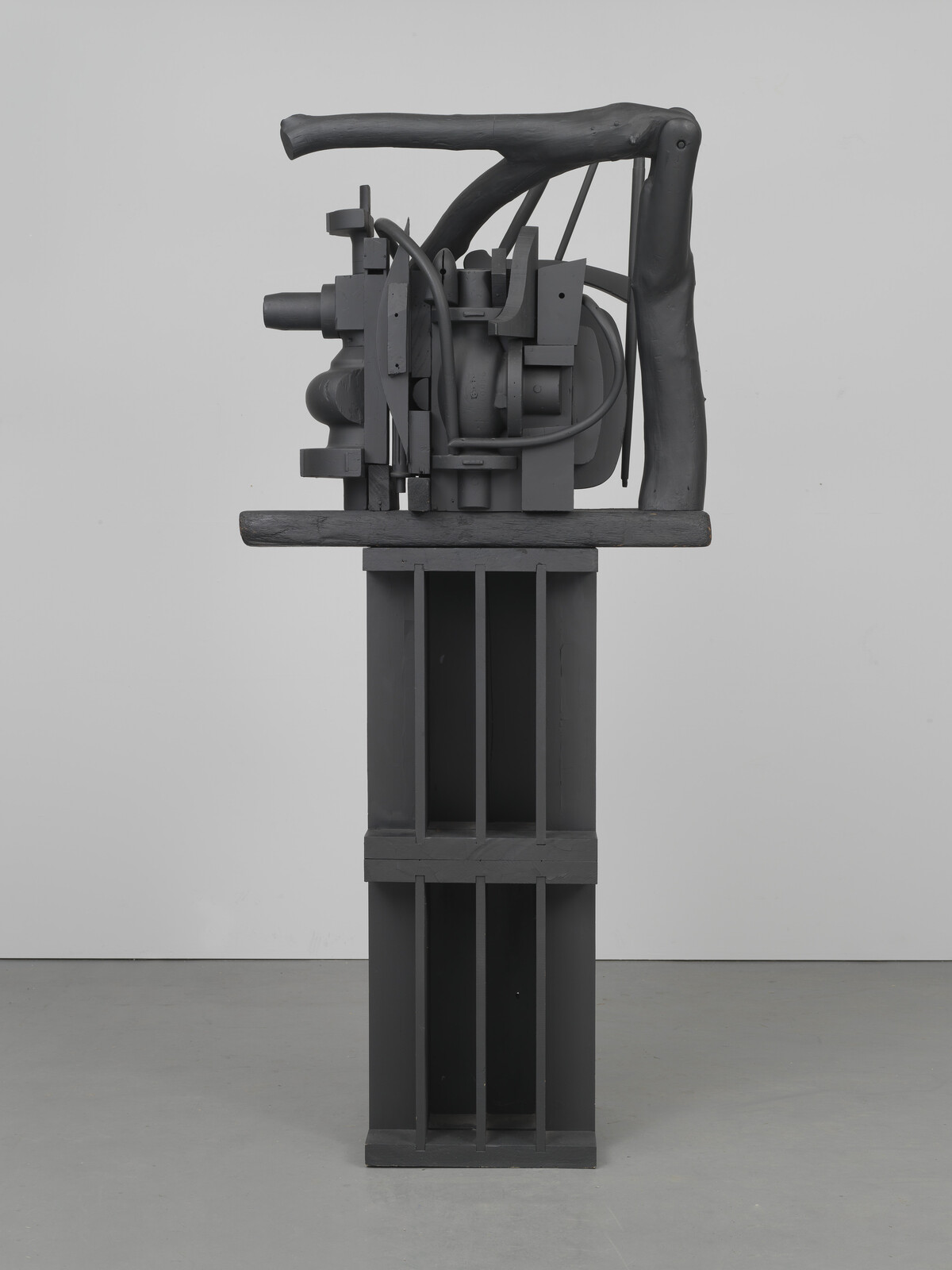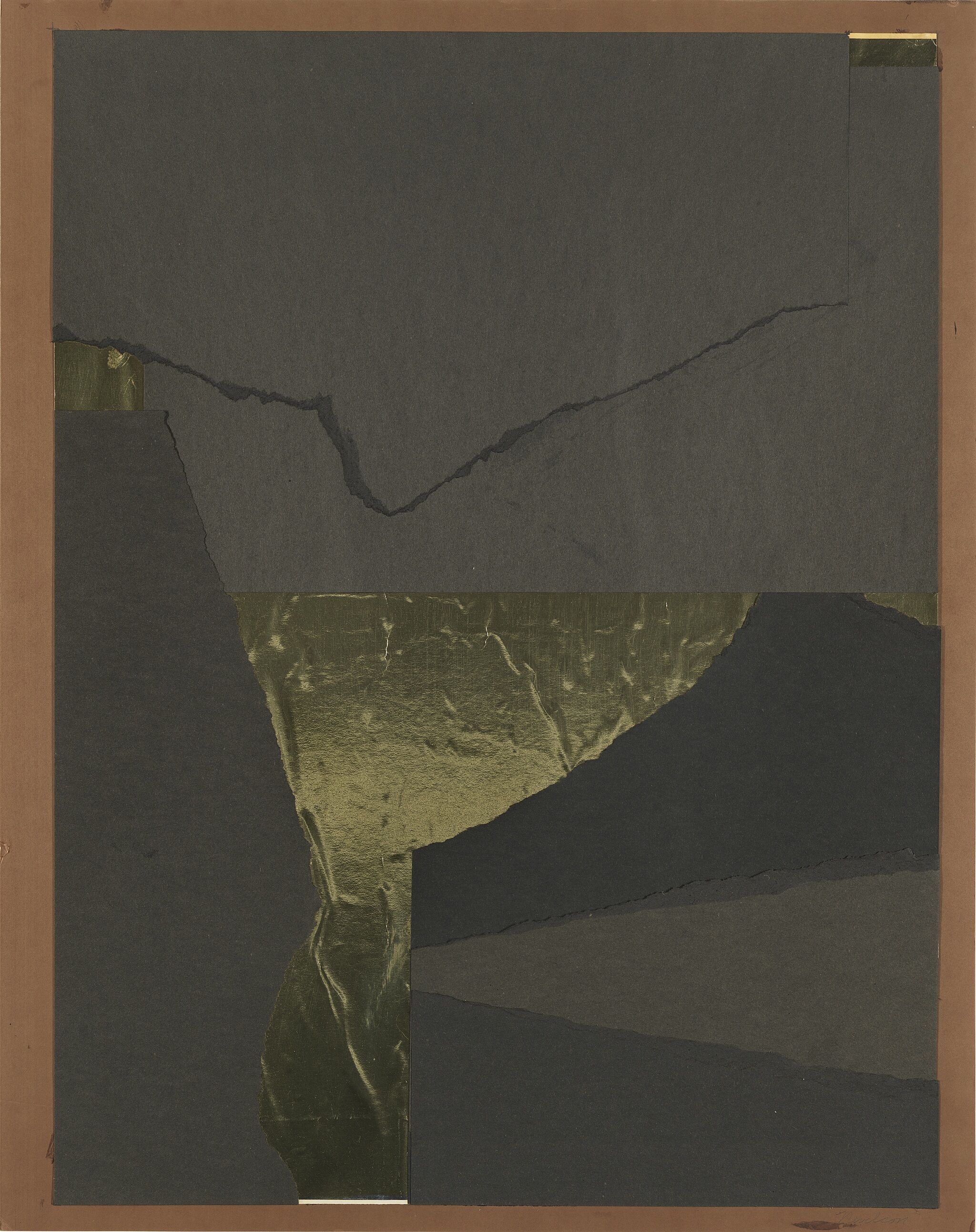Introduction
July 2, 2018
0:00
Introduction
0:00
Clémence White: Hello, I am Clémence White and I'm a Curatorial Assistant at the Whitney Museum and I curated this exhibition of works on paper by Louise Nevelson.
Narrator: Louise Nevelson is best known for large sculptures made of wood—often foraged from her everyday surroundings—that she would paint all black or all white. Throughout her career, Nevelson aimed to give her artworks lifelike qualities.
Louise Nevelson: My figures would move as if they were real people. Even if they were abstract, they would move.
Narrator: Nevelson was born in 1899 to a Jewish immigrant family that settled in Maine. She insisted that she wanted to be an artist from a young age. Nevelson’s gallerist, Arne Glimcher, recorded this interview with her in 1972.
Louise Nevelson: I went to the library with another little girl in my class. And I recall the librarian, said to the little girl "What are you going to do when you grow up?" as they always ask and I think the little girl said that she was going to be a stenographer or a bookkeeper. The she asked me what I was going to do I said, "I'm going to be an artist."
Narrator: This show is organized chronologically, and shows how the artist rendered volume and depth across an array of two-dimensional media. The earliest drawings are to your left, across from the staircase.


